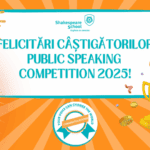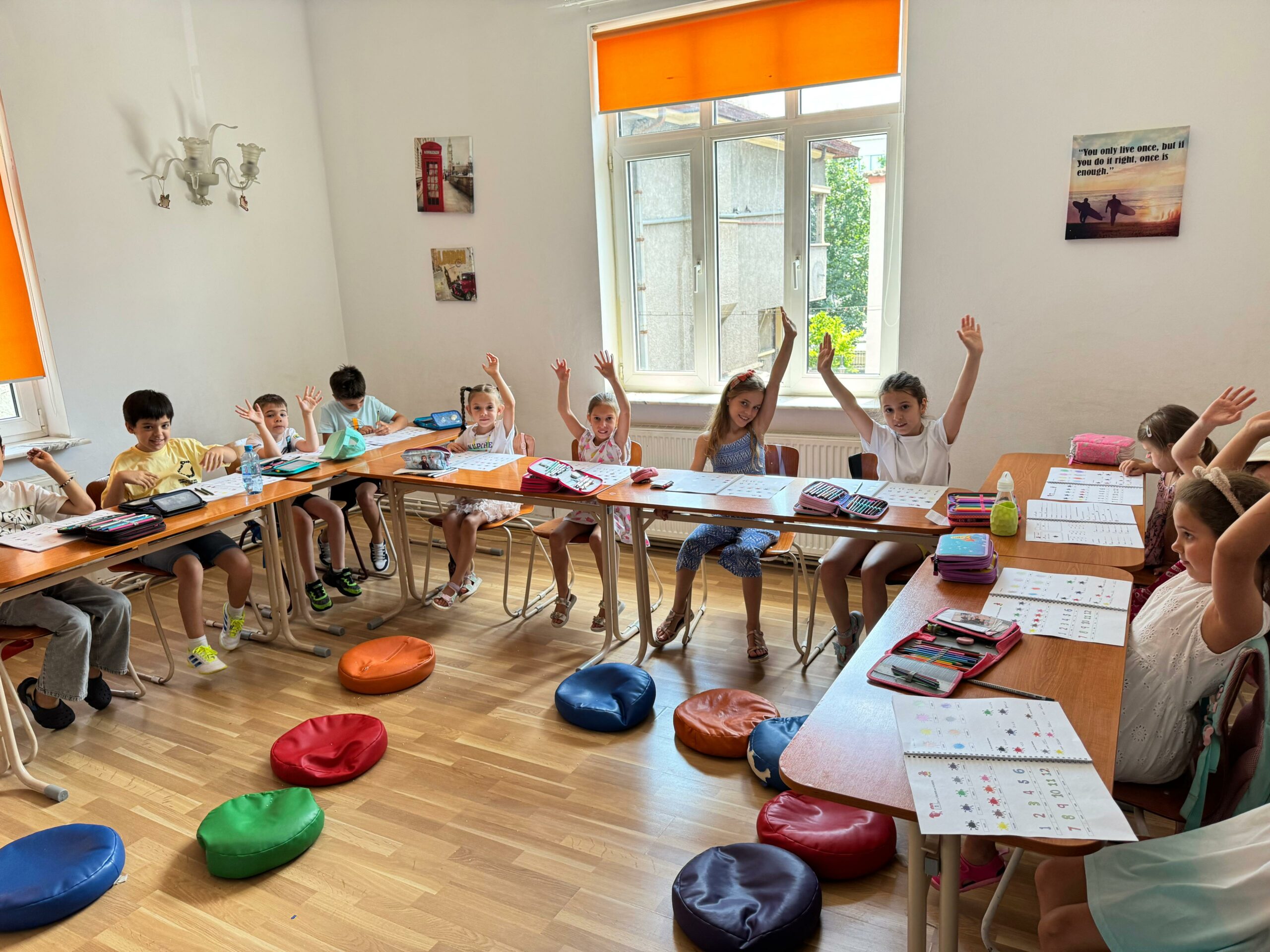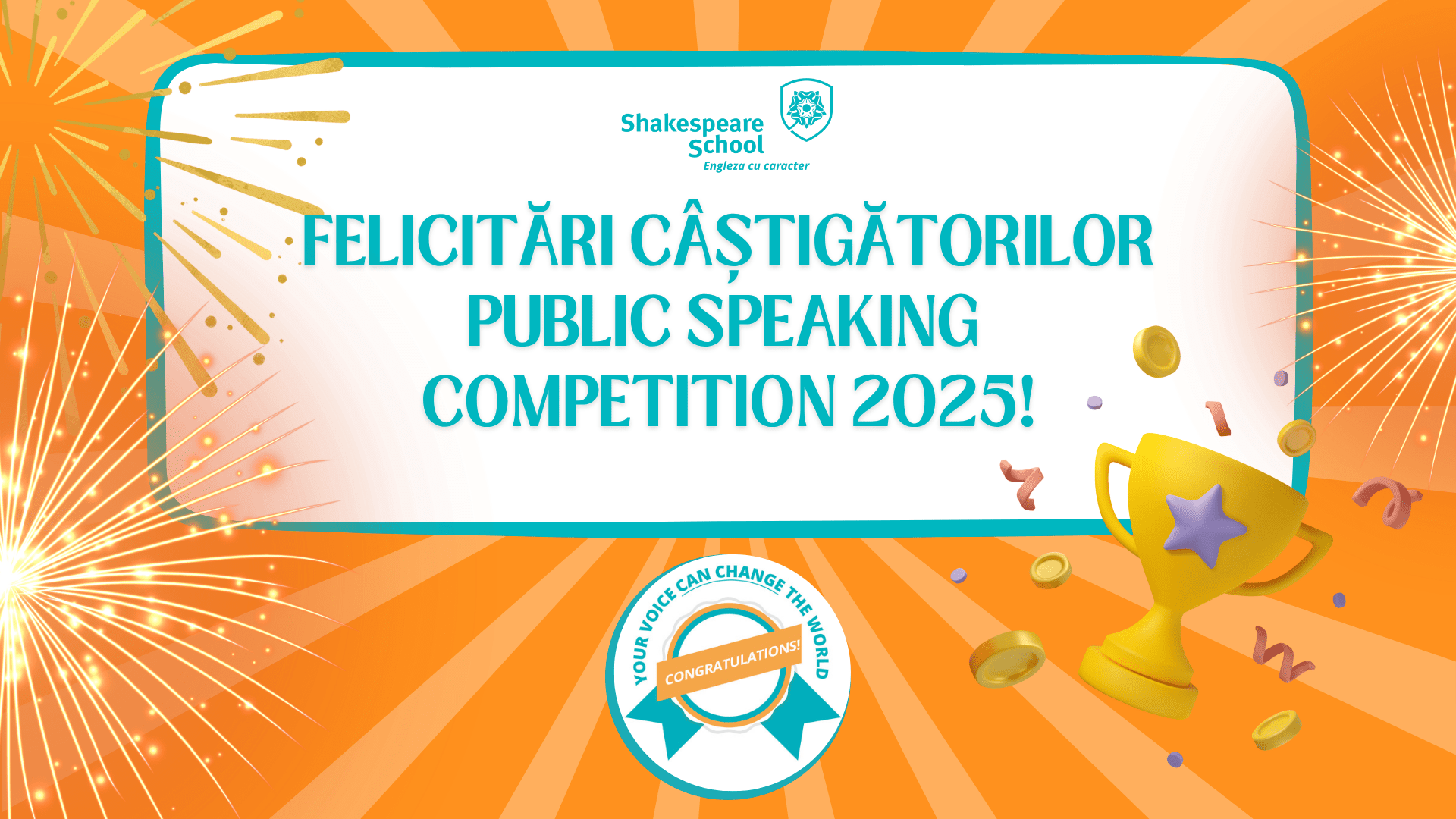Social networking – peril or opportunity?
We live in the Technology Age, when people become more and more dependent on computers. Above all possible inventions, there is the Internet, a gripping and complex virtual world which is thriving nowadays, increasingly controlling our existence. It has never been easier to reach the information needed; we are just a click away from signing up for a social networking site and finding our cousin from Madagascar or searching for new friends in America.
People complain about being busy, lacking spare time and often claim that the Internet makes everything easier. But does it really improve our lives? Recent researches revealed that today a higher number of people consider surfing on the web a hobby, than in the past decade. The word “hobby” is compromised; there are less and less people whose pastimes are relaxing and absorbing, such as building match-houses, collecting stamps or drawing. Youngsters prefer to sit comfortably in front of the computer and chat.
The social networks are a mirror image of the real world; step by step, we become human robots just executing the orders given by “something” (the computer). It affects everyone, although the most vulnerable are the children and the teenagers. We become incapable of distinguishing between reality and the ideal virtual (the “mirror”) world we live in. Though, we double ourselves, building a second life, which is the perfection we aspire to. On a socialising site, it cannot be known whether the information provided is true or not. That is, probably, the biggest danger: people can fall into unimagined traps, thinking that their virtual friends are who they pretend to be. We become prisoners of our own houses, sitting like zombies at the desk, “socialising” on the Web, at the same time completely losing our creativity and power of expressing our opinions, which is called manipulation…
I strongly believe that, beyond the obvious advantages, social networks are not necessary, however increasingly perilous. People brag so often about the large number of virtual friends on Facebook/Hi5, but they have not seen their real acquaintances or have gone downtown for ages. The term “socialising” is improperly used: these sites destroy communication and human interactions by promoting an imaginary world. If this situation goes ahead, in 10 years time the whole humanity will be compromised, being conquered by their biggest invention.
Can this still be called life, or is it called slavery?…
Acest eseu este castigatorul unei mentiuni in cadrul 2010 Shakespeare School Essay Competition, grupa de varsta 15-19 ani, avand ca tema “Discuss the role and future of social networking sites hi5 and Facebook“. Premiul a constat intr-un discount de 50% la orice curs intensiv de vara de limba engleza la Shakespeare School, precum si in carti si alte cadouri de la Diverta si Fischer International. Dorim sa o felicitam pe Lavinia pentru faptul ca s-a evidentiat din peste 3100 de eseuri trimise la concursul national de creatie in limba engleza organizat de Shakespeare School si ii uram mult succes in continuare!











